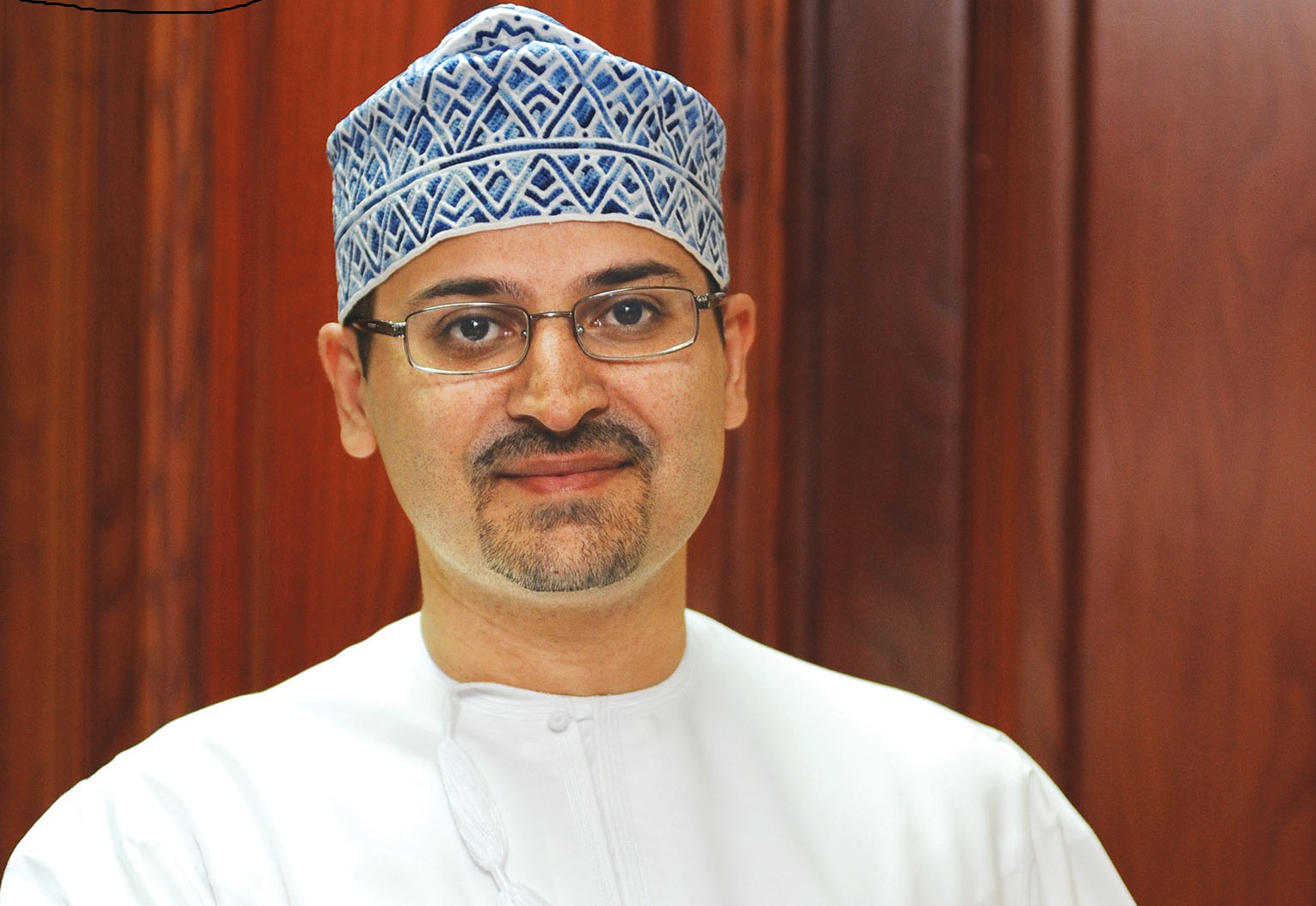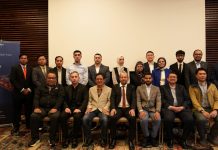Khalid Tawfiq Abdul Rasoul, Managing Director of Sohar Steel Group, played a pioneering role in taking his family business to new heights by introducing innovative technologies and expanding production and export capabilities.
Can you give us a brief on your roles and responsibilities at the company?
Currently I am managing director of Sohar Steel Group, which encompasses Sharq Sohar Steel Rolling Mills, Sohar Steel and Middle East Conversion Industries. My responsibilities include encouraging the team to perform and achieve their targets; reporting to the board of directors about the performance of the company and the market conditions; formulating new policies and setting up strategies for the company to make the operations more sustainable; and putting a proper system in place so that the company will be run smoothly, even when new generations take up the job.
Did you work outside the family business before joining the company and is there an induction process that is followed to bring the next generation of family members into the business?
When I moved into Oman in 2001, after completing my graduation in marketing and finance from the University of Missouri–St. Louis in the United States, instead of inducting me straightaway to his company, my father asked me to cut my teeth and horn my skills by working outside the family business. Thus I started my career with Matrah Cold Stores (Enhance Oman) where I worked till 2007 as sales executive manager responsible for British American Tobacco. In the meantime, I had completed my Master’s in Business Administration (correspondence course) from the University of Hull.
In 2007, my father invited me to join the family business at Al Azaiba Furniture Factory. He asked me to take care of the factory, scale up its operations and take the business to new levels of growth and profitability. As someone hailing from a non-manufacturing sector, it was a big challenge for me initially.
As a young business leader, have you been able to bring in certain changes to the way the business is run and how easy/difficult was it for you to convince the board of directors (from the family) about the rationale of such steps?
I introduced a lot of innovations in the company. I changed the whole system and brought new manufacturing technology from Italy, Spain etc. Actually it was a do-or-die situation for me as my father had challenged me either to improve the performance of the company or to quite the job. There’s no such thing as a free lunch, I was told. Parenthetically, my father had always wanted us to be self-sufficient. Today I am so grateful to him for that because it helped me to groom and discipline myself.
In addition, during those days we were not faring well, compared to our competitors. Therefore I realised that if I did not overhaul the system, we will lag behind in the industry. I took up the challenge but with a condition: I should be given the full authority and freedom to bring about the changes, without any interference from anyone.
I rose up to my expectations and did what I promised. By the end of 2008, the company’s net profit shot up to RO700,000 from a mere RO100,000 during the previous years. But unfortunately my father was not there to see the results. I was looking to show him the results as a surprise towards the end of the year, but he had passed away just before that. But that was a big turning point for the company. Currently we are doing extremely well and handling bigger projects from both public and private sectors.
What were the changes you introduced in other two group companies-Sharq Sohar and Sohar Steel? And did these companies fare well after that?
In Sharq Sohar and Sohar Steel, we implemented new systems, brought new people, trained a lot of Omanis and entrusted them with bigger responsibilities in the company. We have boosted Omanisaiton percentage from just 25 per cent to almost 40 per cent, ahead of the industry requirement of 35 per cent. And we are looking to increase it to 45- 50 per cent in the future.
In addition, we reduced the cost, improved the efficiency and enhanced the quality of products; we automated our systems thereby reducing the overheads considerably. We reduced the number of people using one machine from four to two. During these years, we extensively supported SMEs by procuring some raw materials from them.
We expanded the production capacity of Sohar Steel from 300,000 tonne per year to 700,000 to one million tonnes per year. We did extremely well from 2010 to 2013. But 2014 and 20015 were a bit challenging for us and we could not do as expected, but in 20016 we expect to do better than the previous two years.
Is there a succession plan to ensure a smooth generational transition in the business?
Yes, we are preparing my brother and cousin to take up more responsible roles within the company. Both of them had worked outside the family business. My brother worked as a broker with Muscat United Securities while my cousin was with Nawras (Ooredoo). After a while, we called back both of them to join us. They are taking care of HR at Sharq Sohar and Sohar Steel which I used to handle earlier. I have given them some additional responsibilities in finance as well. We have given them the full authority to discharge their roles more independently. I ask them not to be afraid of mistakes and encourage them to learn from their mistakes. They are also attending conferences and various courses in finance, leadership, emotional intelligence etc. to brace themselves for bigger jobs. We aim to sustain the family business by bringing more talented hands from the second and third generation.
Do you have any plan to diversify your operations beyond steel and furniture?
We are looking to diversify the business and expand our presence to new areas such as real estate. Since 2013, we have invested in India and in the UK, aimed at diversifying our group portfolio, instead of relying on the core business alone to generate revenue. It will also help us create more opportunities for the young generation.
Abdul Rasoul talks about Sohar Steel Group’s future plan
To report this post you need to login first.






